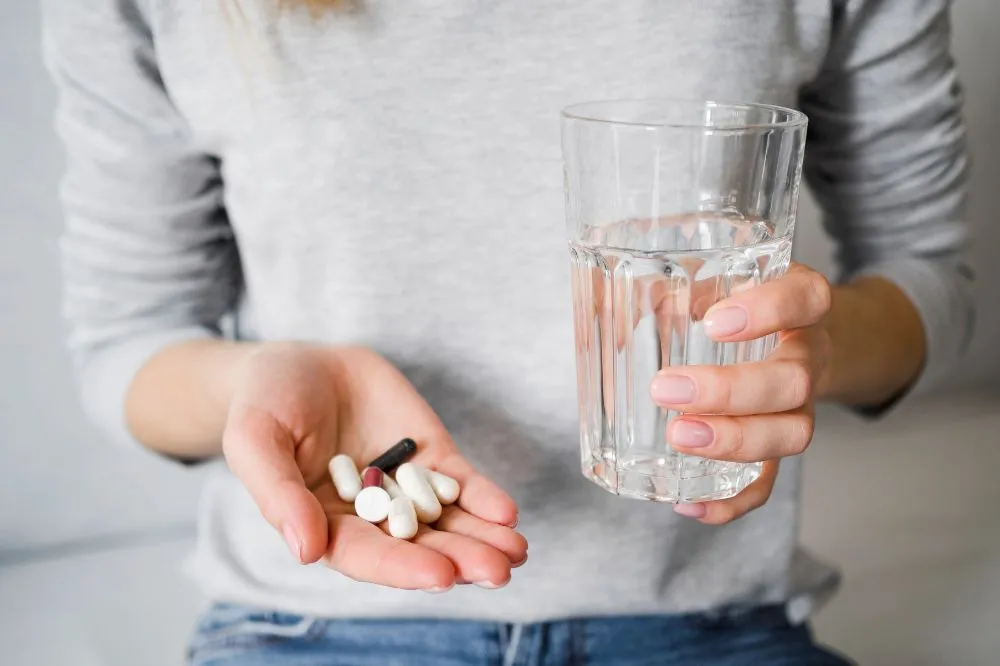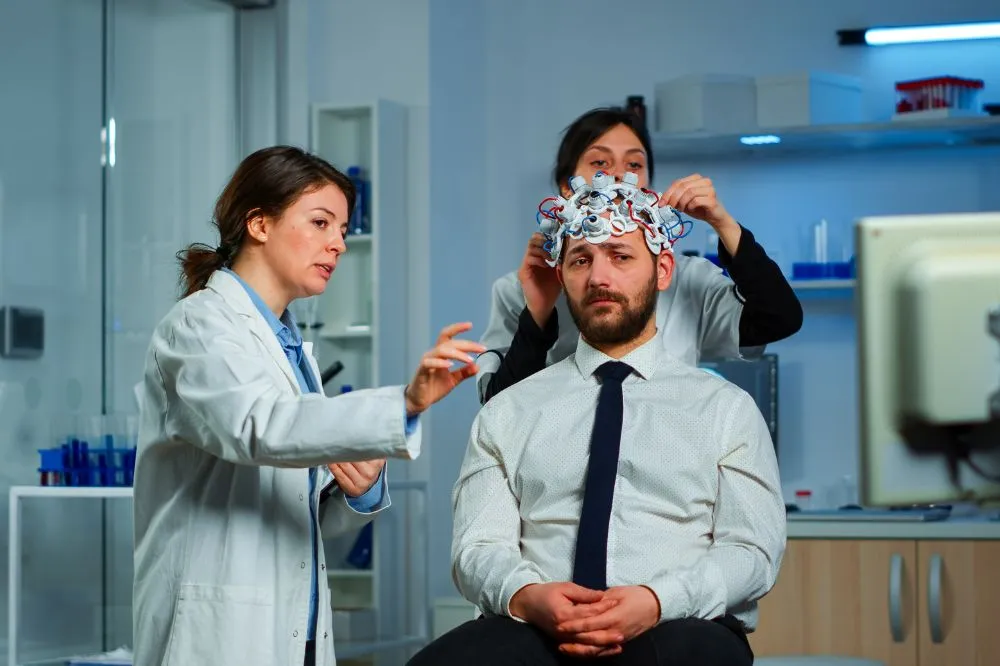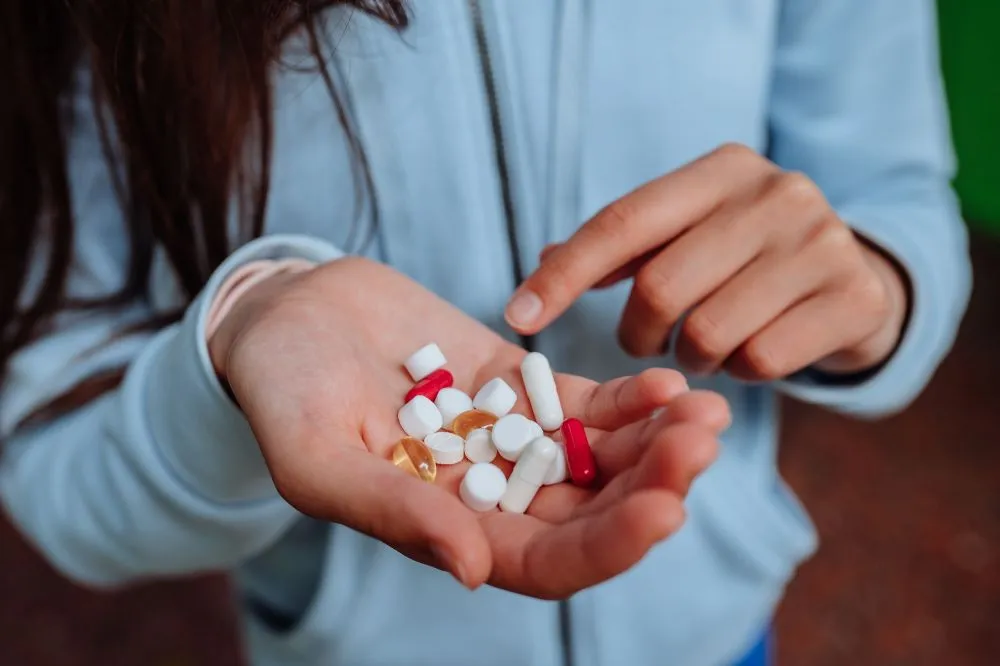Summary:
Opioid addiction has been raging for decades, causing more deaths than street drugs. Using pharmacological drugs to treat addiction to prescription drugs is a way but not the best method. Thus, many researchers are exploring safer treatments. CBD can help counter withdrawal syndrome, alter drug-seeking behavior, and help curb addiction. CBD’s safety is already proven, as it is one of the most commonly used health supplements. Thus, one pharma company is testing CBD to manage opioid addiction. Unlike CBD supplements, it contains a much higher CBD dosage, hence the need to test it extensively.
Opioid misuse epidemics have been raging for over three decades and have become a public health emergency. However, healthcare agencies have been too late to react to this epidemic. They only realized the severity of the issue when deaths caused by prescription drugs exceeded those caused by street drugs. Opioid misuse already causes three times more deaths than a heroin overdose. There are still twice more opioid abusers than those who use heroin.
Doctors have been treating drug addiction for decades. However, managing the addiction to prescription drugs is more challenging. After all, it means managing addiction to one prescription drug with another medication that is relatively safer but not entirely safe. In addition, medicines used to manage opioid addiction are not completely safe and have a range of side effects. Therefore, there is a need to find novel remedies that are safer for prolonged use.
CBD provides hope for managing opioid addiction
Opioid addiction is challenging to manage like any other drug addiction. It is about managing withdrawal syndrome and reducing drug-seeking behavior. For this, doctors use other drugs that help counter withdrawal symptoms and alter the drug-seeking habit. However, a drug used to manage these issues may also be addictive and are not essentially safe.
In recent years, CBD (cannabidiol) has been gaining significant popularity. It is among the most commonly used health supplements. It is safe for prolonged use and has many health benefits. For example, it may relieve pain, reduce stress and anxiety, help sleep better, and more.
CBD is one of the cannabinoids extracted from cannabis plants. However, it does not cause high or euphoria, which occurs due to a substance called THC. CBD products are THC-free or contain it only in traces. CBD is proven safe beyond doubt. Moreover, manufacturers extract CBD from hemp, not from marijuana. Hemp is also a variety of cannabis plants, but it is naturally low in THC and thus safe for regular human consumption.
This is not the first time researchers are testing CBD to manage health conditions. CBD is already approved to address some health conditions. Thus, there are already US FDA-approved CBD-based drugs. For example, a medication called Epidiolex is FDA approved to manage a rare kind of resistant epilepsy in children. Additionally, it appears that CBD is also suitable for conditions like multiple sclerosis and more.
Recently, researchers have started paying much attention to CBD as a remedy for drug addiction. Thus, a company called ANANDA Scientific Inc. has already filed an IND (new drug approval application) for the clinical trial of their unique CBD-based drug to manage opioid addiction. They have already begun the clinical trial, which is in the advanced stages. Moreover, there are significant chances of its approval as pilot studies have already shown the benefits of CBD in managing drug addiction.
Prescription-based CBD can work for managing addiction
Some people here may ask the question: why not simply use CBD-based health supplements that are readily available on the market? Well, CBD-based supplements would not work for many reasons. Firstly, the FDA does not test them. Thus, many of them may not contain much CBD. Many commonly sold health supplements contain hemp oil, which is a different thing and not a CBD product.
But perhaps the dosage is the more significant reason that usual CBD supplements would not work. This is because they contain tiny amounts of CBD. For example, the daily CBD dosage that one can get from usual health supplements is about 20-30 mg a day (usually a max of 70 mg). In contrast, US FDA-approved drugs may contain several hundred milligrams of CBD.
The company, ANANDA Scientific Inc.’s filing shows they are testing 600 to 1200 mg of CBD daily. That is several times higher dosage than one would find in a regular health supplement. That is why, a need for a clinical trial, and this explains why FDA regards it as a CBD-based drug and not a health supplement. Moreover, it is also expected to have better bioavailability and thus efficacy.
To sum up, we are pretty likely to see the introduction of safe, effective, CBD-based drugs to manage opioid addiction. This would be a high-dose CBD product and will be available on a doctor’s prescription.






